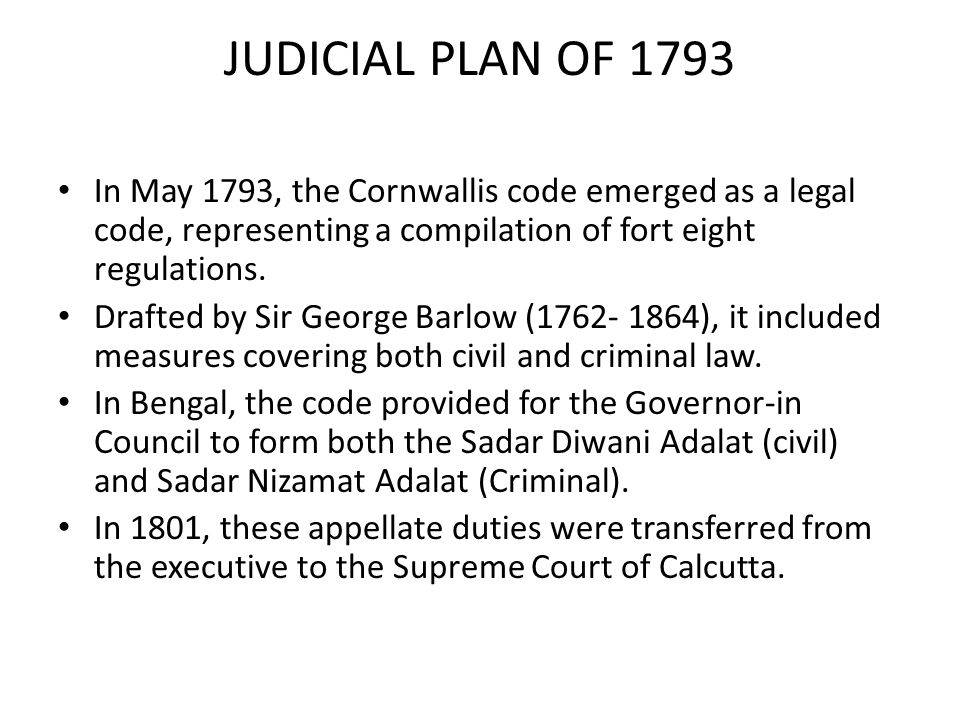phd student Allahabad university | Posted on | Education
In which year, collector in each District of Bengal was made responsible for settling the revenue and collecting it?
Army constable | Posted on
The Permanent Settlement, in any case called the Permanent Settlement of Bengal, was a course of action between the East India Company and Bengali property supervisors to fix livelihoods to be raised from land that had broad consequences for both cultivating methods and proficiency in the entire British Empire and the political genuine variables of the Indian open country. It was shut in 1793 by the Company association headed by Charles, Earl Cornwallis.It formed one piece of a greater gathering of establishment, known as the Cornwallis Code. The Cornwallis Code of 1793 apportioned the East India Company's organization workforce into three branches: pay, legitimate, and business. Livelihoods were accumulated by zamindars, nearby Indians who were treated as landowners. This division made an Indian landed class that maintained British position.
The Permanent Settlement was introduced first in Bengal and Bihar and later in the south territory of Madras and Varanasi. The structure over the long haul spread all over northern India by a movement of rules dated 1 May 1793. These rules remained set up until the Charter Act of 1833. The other two structures unavoidable in India were the Ryotwari System and the Mahalwari System.
Many battle that the repayment and its outcome had a couple of insufficiencies when differentiated and its hidden goals of extending charge pay, making a Western-European style land market in Bengal, and engaging revenue in land and agriculture, in this way making the conditions for long stretch money related improvement for both the association and area's tenants. First thing, the course of action (Krishna) of fixing the speed of expected appraisal pay for quite a long time to come inferred that the compensation of the Company from charge evaluation truly lessened eventually since earnings remained fixed while costs extended after some time. Then, the condition of the Bengali common ended up being logically pitiable, with starvations transforming into a standard occasion as property directors (who bet brisk loss of their region if they fail to pass on the typical entirety from charge assortment) attempted to guarantee pay by constraining the local agriculturalists to create cash yields like cotton, indigo, and jute, while long stretch private hypothesis by the zamindars in plant establishment fail to arise.

0
0 Comment
